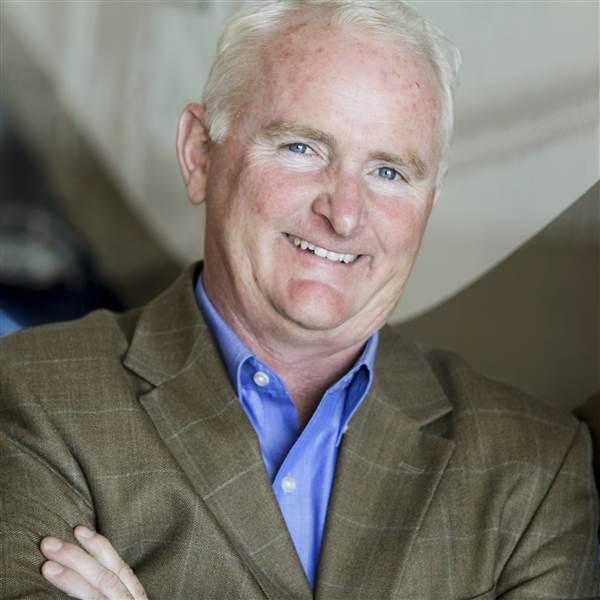President's Position: Our game plane
Bringing down the cost of flying
A recent win that will reduce the cost of flight training and maintaining proficiency resulted in updates to Part 61 of the federal aviation regulations. We worked on this issue for more than two years, but it was worth the effort because the changes are expected to save the GA community approximately $113.5 million over five years. The updated regulations will allow instrument-rated pilots to use a simulator or advanced training device to maintain instrument currency. Pilots can also use the simulator for recurrency without a CFI, further reducing the cost. Pilots training for a commercial certificate can save by having the option to train in a technically advanced aircraft instead of a complex aircraft.
Another regulation that is expected to put money back in pilots’ wallets—to the tune of nearly $70 million over the next 10 years—is third class medical reform. Already nearly 40,000 pilots strong, BasicMed eliminates some of the red tape associated with regular and special issuance medicals, and gives the power back to the pilots and their personal physicians. Instead of worrying about a doctor in Oklahoma City snatching away a medical, pilots and their doctors finally can have an open conversation about their fitness to fly. BasicMed also helps pilots avoid unnecessary and repetitive tests and office visits, many of which are not covered by insurance—and that equals money in the bank. If you are still considering your options under BasicMed, you can always check out our Fit to Fly resources online (www.aopa.org/fittofly).
A winning team also makes sure its players have the tools they need to succeed.We’re also fighting to save pilots money where you live and fly—our advocacy work runs deep through small hometown airports and local FBOs. For nearly two years, we’ve been pushing the FAA to take action against egregious, hidden FBO fees, and to improve affordable access to publicly funded ramp space. Our AOPA-led coalition of GA groups is calling on the FAA to pay attention to its responsibilities for protecting airport access and insisting on publicly disclosed fees online, access to parking ramps on reasonable terms, charted transient parking, and an end to charges for services pilots don’t ask for or want. And many airport leaders are taking notice and making changes. When the Orange County, California board of supervisors voted to put an end to outrageous prices at John Wayne Airport, the move was a win for local pilots, the airport, and the industry. Since the improvement, according to FAA data, GA activity accounted for 68 percent of the total aircraft operations in January 2018, an increase of 40 percent when compared to January 2017.
A winning team also makes sure its players have the tools they need to succeed. Our work with the FAA to streamline the pathway for bringing affordable, modern equipment into the existing general aviation fleet through non-TSOed avionics is another important cost-saving initiative. By giving pilots easy access to more affordable options, such as angle of attack indicators, solid-state attitude indicators, and other safety enhancing devices—and saving thousands of dollars at the same time—we are improving safety and reliability and lowering costs.
While we prefer to focus on proactive initiatives that we know will effectively reduce the cost of flying for pilots and our members, we understand that going on the defensive is a necessary part of protecting GA. And that’s why we’ve mounted a strong and united defense against the privatization of air traffic control. This proposal has reared its ugly head many times, but we, our members, and other aviation associations have made it clear that we won’t accept an air traffic control system controlled by the airlines.
These are high-profile issues. But some of our greatest victories are invisible—the legislation that’s never written and the regulations that are never proposed, thanks to the influence of our team in Washington, D.C., and in state capitals. We win when bad ideas never see the light of day. But whether our victories play out in public or private, whether we’re on offense or defense, our end game will always be to protect the freedom to fly.
Email [email protected]



